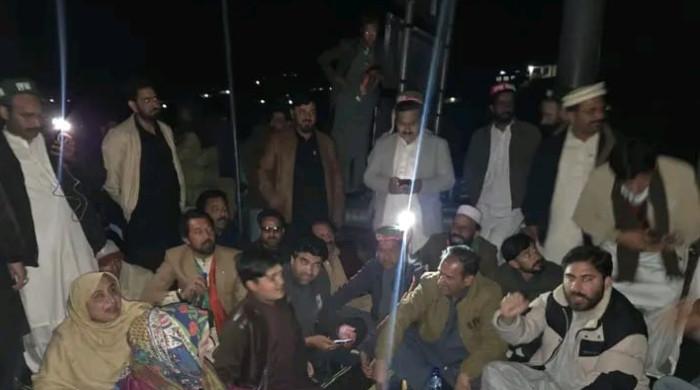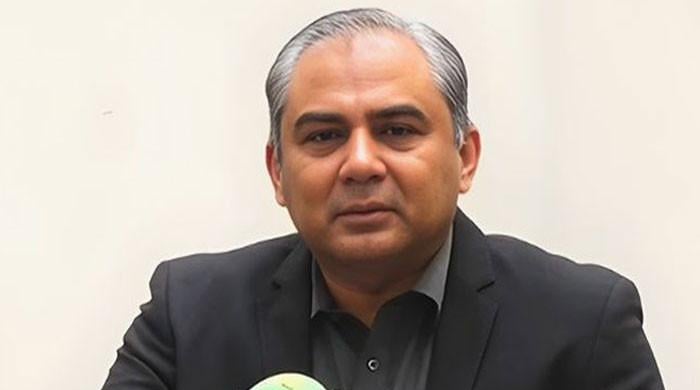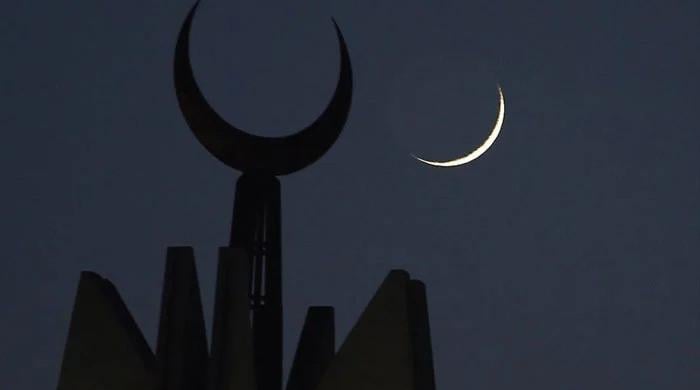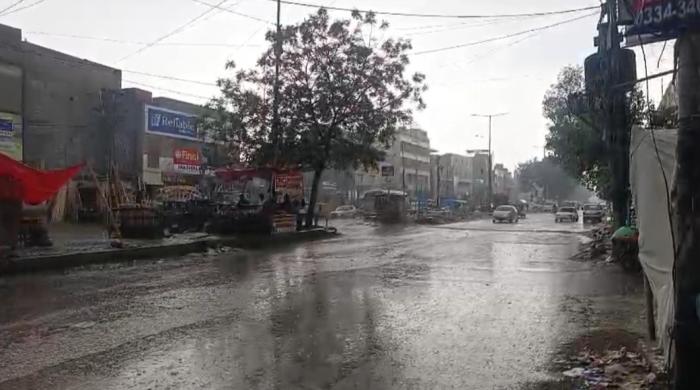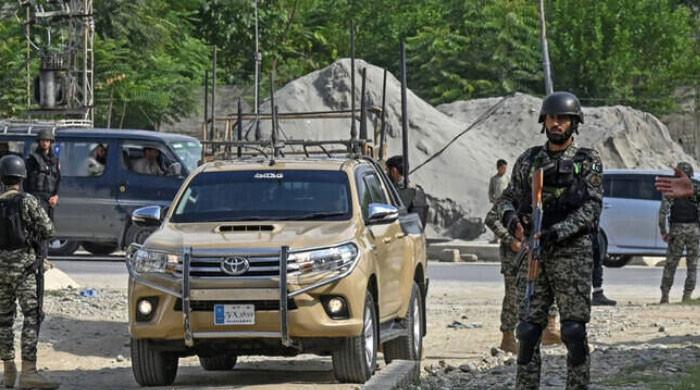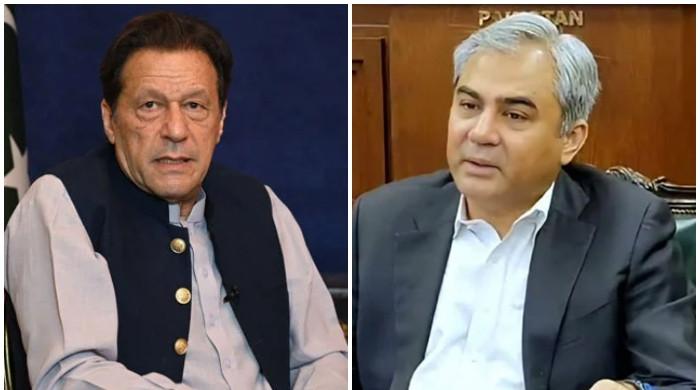Can Election Commission complete delimitation before October polls?
Officials say digital census results could be finalised till September, sparking fears Pakistan could miss October deadline of elections
June 13, 2023
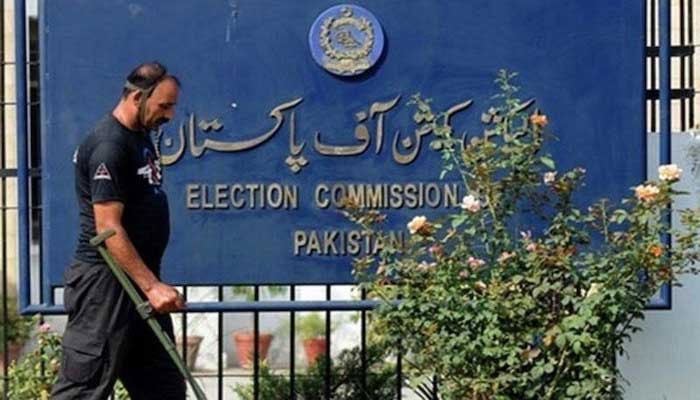
Results of Pakistan’s first digital population census could take up to September to be finalised and published, say officials, sparking fears that the country could miss its October deadline to hold the general election.
The state-run Pakistan Bureau of Statistics (PBS), which has been tasked to conduct a headcount in the country, completed the exercise on May 15.
Then last week, the federal government gave the PBS a go-ahead to conduct a post-enumeration survey in order to eliminate any over- or under-counting.
The survey, which will validate the census, can take “at least three months” to compile, confirmed two officials from the PBS, who asked not to be named due to the sensitivity of the matter. The survey is expected to begin from July.
This could mean that the final results of the population census will not be available before September. After which, the government’s Council of Common Interests (CCI) will decide when to forward the data to the Election Commission of Pakistan (ECP) for the delimitation exercise.
Only when the final results are in hand can the Election Commission begin the demarcation of electoral constituencies, said sources at the ECP.
“The ECP will need another five to seven months to conclude the delimitation,” one source said.
If the above timeline is followed, then this could mean Pakistan’s national polls, which were scheduled for October, could get pushed up to April 2024, even though government ministers have repeatedly insisted that elections will be held on time.
The source explained that the commission was constitutionally bound to conduct delimitation after the official census results are published and approved by the CCI.
If the CCI does not approve them in time, therefore before the government’s term ends in August, then new polls can be held on the old delimitation, completed after the 2017 census.
“If the census is officially notified as late as August then we will take five or so months for delimitation, meaning the election could be held around March 2024,” the source said, adding that the PBS’s September timeline to finalise census results was odd, as the “CCI will not be available” in September after the government completes its term.
“So how will the census be finalised then?” the source asked.
A constitutional amendment
Another concern, shared by several government officials, was that the headcount, once finalised, could also bring up the question of redistribution or change in the number of seats in the national assembly.
If a province reports a decline in its population, its share in the National Assembly will also have to be reduced. While the provinces that register an uptick will be allocated more seats.
In that case, any change to the 342 seats in the National Assembly will require an amendment to the Constitution.
Article 51 of Pakistan’s Constitution states that there shall be 342 seats for members in the National Assembly. It then proceeds to provide a breakdown of the general and reserved seats allocated to each province.
“To change the seats in the national assembly a constitutional amendment is required,” said an official at the PBS, “For that, a 2/3 majority is needed which is not available right now.”
After the Pakistan Tehreek-e-Insaf resigned from the lower house of parliament last year, there are at the moment only 175 lawmakers out of 342 in the national assembly.
However, the ECP sources told Geo News that this was “not an issue”. In case of population variations, there could be a redistribution of seats within provinces but the total number of seats, 342 will “remain the same”.





